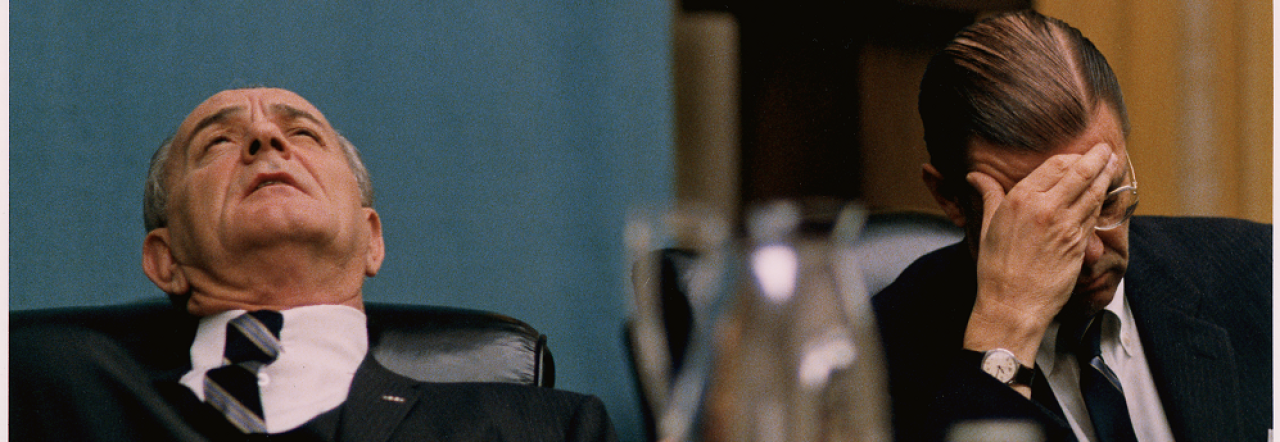In the current climate the likes of former Governor Sarah Palin and Congresswoman Michele Bachmann are seen by some to epitomize intelligent politicians. For the rest of us, and thankfully that is the vast majority, we know that truly intelligent people are needed to shape policy and run the government. Still it was shocking to read one sentence of a most wonderful article about Senator Robert Byrd in today’s newspaper.
The sentence was not new thinking about our political process of course, but was nonetheless harsh to see in print.
No American politician today wants to seem too educated.
Is that not just about the saddest thing, and the most bizarre that you have read in a long time? I think most of my readers want the brightest minds running the ship of state. To dumb-down the ones in power to somehow make a certain segment of the electorate feel good about themselves is quite telling. Though certainly not a new phenomena, it is still a most unsettling thing to consider given the complexities of the issues, and the dire nature of the multiple concerns that face us.
To often the Sarah Palin types that make Democrats cringe and think of nails on a blackboard when they speak are what is thought of when it comes to the Republican opposition. Fair or not, that is how the GOP allows itself to be viewed, as it will not stand up to these Palin elements within the party, or take the high road when it comes to bashing intellectuals.
I know that broad intelligence by prominent politicians is a most needed quality that should never be smirked at or discouraged from being demonstrated. When the stories were re-told this past week about West Virginia Senator Robert Byrd, and his legendary command of words and ideas, it was easy to sit up and be proud that his intelligence never had to be hid for fear that somehow it might upset his next election chances. Byrd was not going to shy away from his love of the senate traditions, the history of the nation, or the laws that are at the foundation of all that we cherish. Instead of playing dumb Byrd stood tall and proved that intelligence is indeed a good thing in our leaders.
I can only hope that Palin, Bachmann, and some of the electorate were paying attention this past week. Or was everything missed for the season finale of “Swapping Housewives?”
In 1994 alone, Senator Byrd quoted every last Shakespeare play on the Senate floor at least once. That’s 37 plays. He could use old favorites as well as the next politician. “Those friends thou hast and their adoption tried, grapple them to thy soul with hoops of steel,” Polonius’s old chestnut from “Hamlet,” is how he described his friendship with Bennett Johnston, the Democratic senator from Louisiana. He loved to quote Cleopatra’s “Give me my robe; put on my crown. / I have immortal longings in me.”
But he also expanded his range into lesser-known bits of the canon — passages not readily available in Bartlett’s Familiar Quotations. In his autobiography, he praised the coal miners who tried to rescue their fellow workers after the McAlpin mine explosion in 1928 with verses from “Cymbeline”:
The benedictions of these covering heavens
Fall on their heads like dew! For they are worthy
To inlay heaven with stars.
The quote is so perfectly apposite, the dew from heaven calming the heat and smoke of the mine, the stars piercing the darkness of the pit, with the sense of working men building a glittering paradise. It’s hard to imagine a better, more thoroughly appropriate selection in all Shakespeare.
While Robert Byrd’s love of Shakespeare did not necessarily make him a better man or a better leader, his rich understanding of the greatest writer in the English language did represent a last link to a politics based on text, and to the humanist tradition. (Senator Byrd, who grew up poor on a farm, also used the Bible and the Constitution as foundations for his politics.)
His deepest anachronism, among many, was that he believed in a community of language rather than images. His politics harked back to the politics of Lincoln, who read Shakespeare aloud as he was sailing up the Potomac days before his death and, through mysterious coincidence, chose “Macbeth” to recite, the very play in which Shakespeare is believed to have invented the word “assassination.”
Which quotation from Shakespeare might Senator Byrd have used to describe his own death? The obvious one comes from “Julius Caesar”: “The evil that men do lives after them; the good is oft interred with their bones.” But that’s probably too well known. Maybe he would have picked a few great lines from “As You Like It”:
Sweet are the uses of adversity,
Which, like the toad, ugly and venomous,
Wears yet a precious jewel in his head.
Senator Byrd no doubt would have remembered something better.

